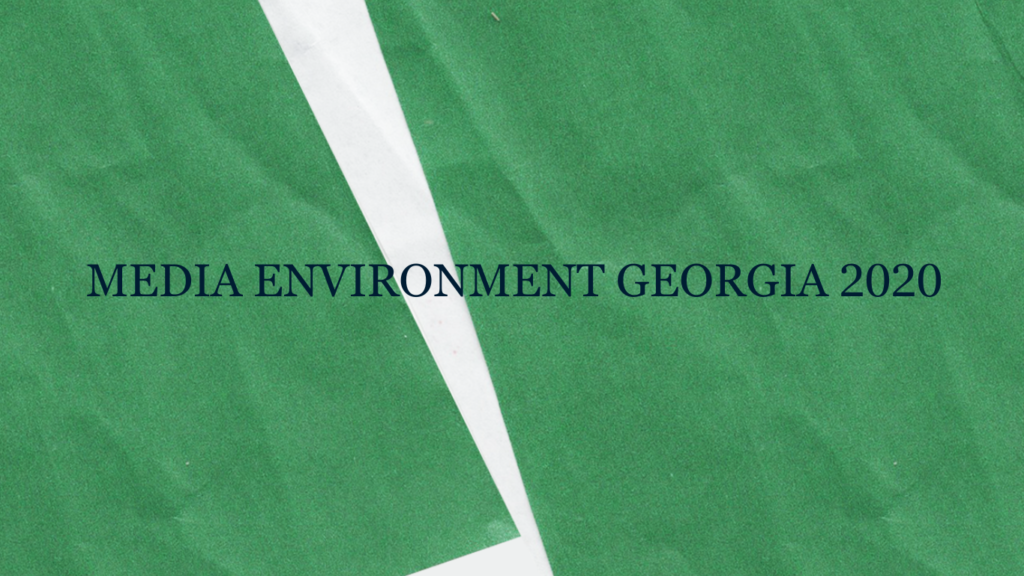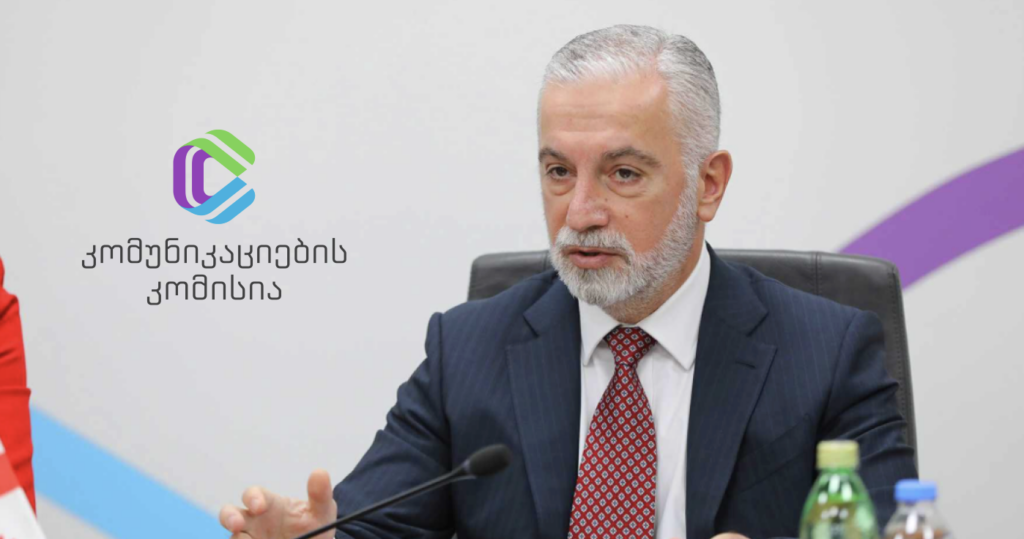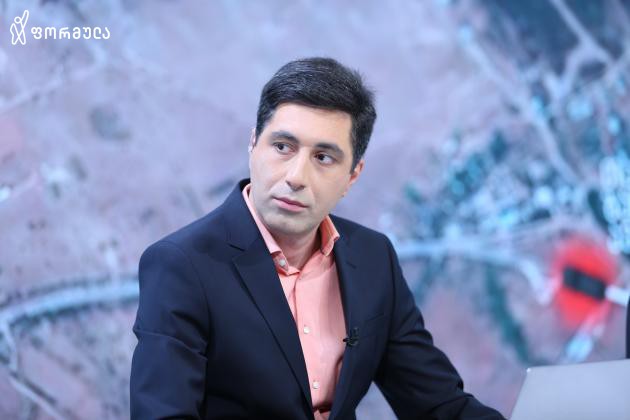The media environment in the lead up to the 2020 parliamentary elections remained pluralistic but extremely polarized. Threats to media freedom were posed by violence against journalists, pressure on independent and critical media and problems with access to information.
During the pre-election period the cases of violence and intimidation against journalists and smear campaigns against critical media by public officials and politicians. On the election day and during the protest actions against the alleged voter fraud, journalists’ safety and ability to work freely became a matter of concern for the media defenders.
Withholding information from journalists by some government organizations and ruling party representatives is a pressing issue. Even though citizens’ need for information and orientation in the run-up to the elections was high, especially with the COVID-19 situation, there seemed to be a lack of political will to ensure timely and efficient release of information and communication with journalists.
The Communications Commission did not take any contentious measures in relation to broadcasters’ activities in the pre-election period. This could have been a premeditated strategy aimed at allowing the election period to pass peacefully. However, civil society organizations believe the decisions of the Commission won’t be free from political influence for long.
The crisis at the Ajara Public Broadcaster over the past year evidenced the weakness of public service broadcasting in Georgia. The broadcaster still needs to reform until it can truly serve the public interest.
The weakness of the information security system makes the country vulnerable to hybrid threats and disinformation campaigns from Russia. Nevertheless, the government seems to misinterpret genuine threats by choosing to wrongly label critical and independent media as sources of disinformation.
Civil society organizations supporting plurality and freedom of the media believe critical media play key role in scrutinizing the actions of the government and politicians to make them accountable towards their citizens. Civil society organizations acknowledge that ethical problems in the Georgian media, however, they also believe these issues should be a matter of self-regulation and attention by the professional community.
It is important that international observers of the media environment in Georgia continue to provide critical perspective on the mentioned trends.
It is similarly crucial that international organizations and donors continue their assistance to independent media.The media environment in the lead up to the 2020 parliamentary elections remained pluralistic but extremely



